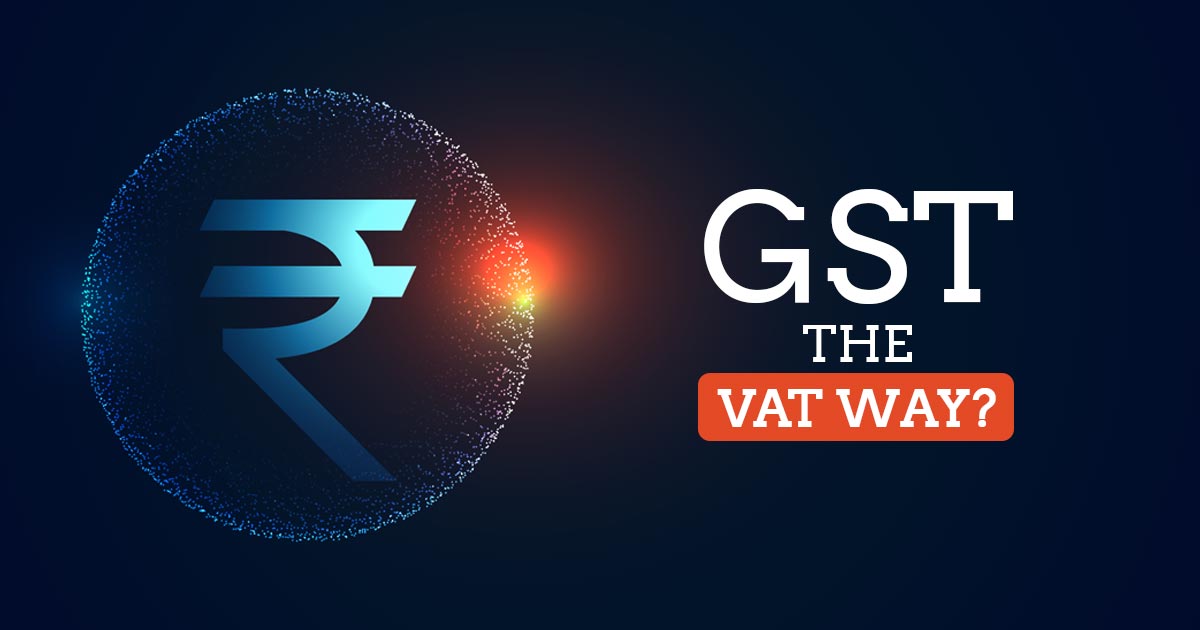
Despite taking all the pains to successfully implement GST in the Country, it looks like the increasing difficulties in the path of its implementation and the doubled complexity of the process has now started discouraging the Council as well as the Government. If we look at the complete scenario, it seems as if GST is going the VAT way and if the Government is unable to ease the process to make it a success, GST would end-up as VAT.
As per the Tax Experts, ‘Complicating things’ has now become the nature of India and in Kerala, GST has gone to its worst phase.
The New GST eligibility limit extension has been widely appreciated by the Country and it has now touched the Global format, but just after this, the new decision of the Government for implementing Cess in Kerala is not at all appreciable as Kerala has been fighting the Natural calamity and is going through a bad time. In a scenario like this, such a decision by the Government would be considered to be inhumane and might act against the Government in the coming polls and would hit the Vote banks.
The Calamity cess has been charged on the intra-State supply of goods and services at a rate not exceeding one per cent for a period of 2 years, in order to extract amount for the rehabilitation for the flood-hit Kerala. This would definitely increase anger and dissatisfaction among the people even if it is for a limited period of short time.
Now, this decision of Cess implementation is like self-contradictory to the Increased GST threshold limit as the threshold limit was increased to abolish several cesses charged.
“Re-introduction of cess sets a bad precedent. It may be for a noble cause, but instead of levying cess, the Centre could have funded the cause directly,” said Anita Rastogi, indirect tax partner at PwC India.
The Current scenario in terms of GST could be compared to VAT which was initially implemented in the name of a noble cause but later it became very complicated and blood sucking for the entire country and got abolished likewise.
Saloni Roy, the senior director at Deloitte India, compared both the GST and VAT scenarios and showing her concern said, “When VAT was introduced in 2004, its purpose just like GST was to have a unified tax system across the country. But after a while, states started drifting away. For example, some states like Haryana, Uttar Pradesh and Gujarat had an additional tax on certain items which others didn’t. My concern with bringing back cess is that, are we going back to where we started from?”
Extension of the composition scheme to service providers was the decision taken in the 32nd GST council meeting. As per the new rules, those service providers having turnover limit up to ₹50 lakh would be allowed to avail the composition scheme at a rate of 6% which is contradictory to the objective of encouraging more businesses to fall under the GST ambit.
The new tax rates would make the taxation law more complex and could increase non- compliance in the country. Tax is charged under different slabs under the composition scheme viz. 1% (manufacturers), 2% (traders) and 5% (restaurants).
“They have extended the composition scheme for service providers, aimed at widening the tax base, but at a new tax rate of 6%. Anyway, we had three different tax rates for goods providers who have opted for this scheme and this complicates the law even further. The more the complex law, more difficult it is to comply. A simple law leads to more compliance and increased revenue to the government-this is tried and tested globally in countries where GST/VAT is practised,” added Rastogi.
The increased complexity in the process of taxation would be proved to be very discouraging to the taxpayers. This would act as double impact at the time when there is a constant and a significant fall in tax revenue. The present scenario, though, seems to the result of working without pre plannings and efficiency of proactiveness. To make GST Country friendly and simple would take a great thought process along with constant wise efforts.








